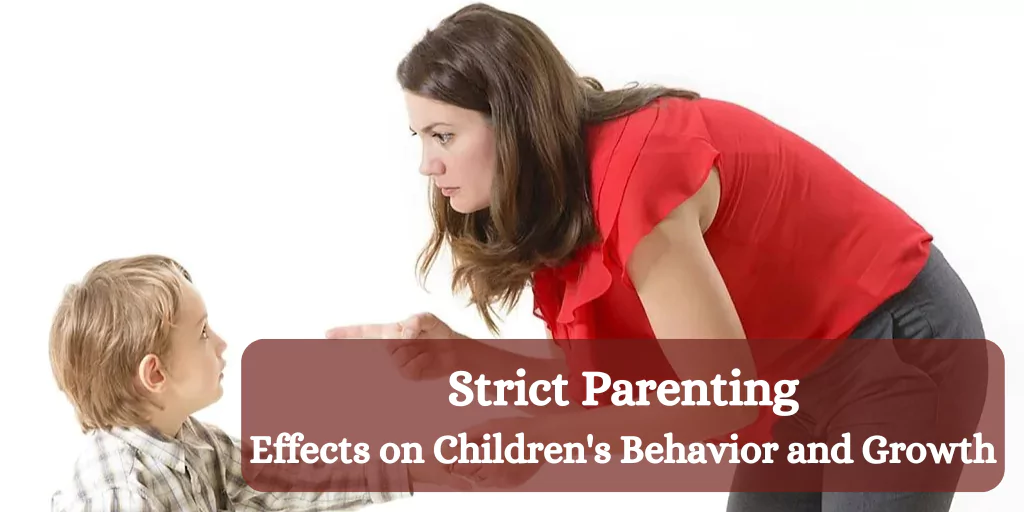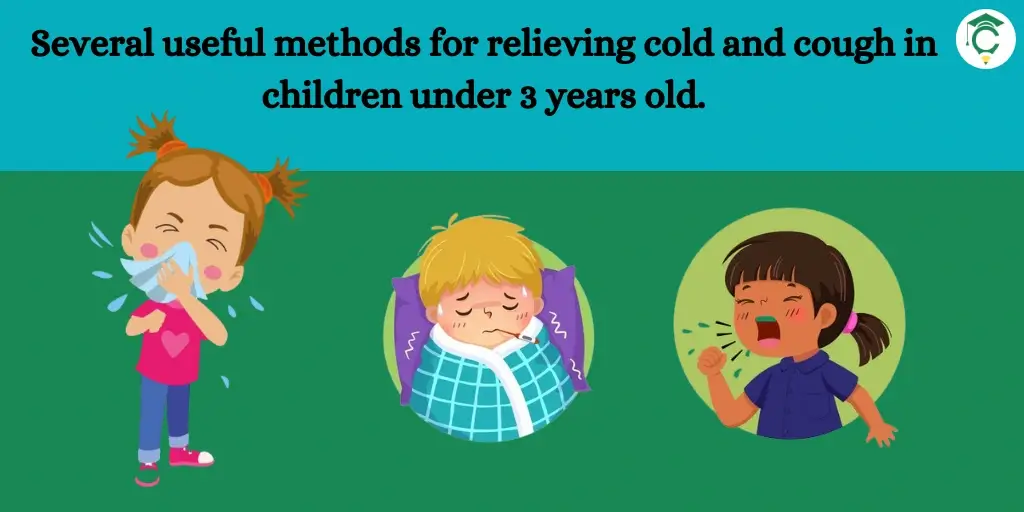Parenting is a journey filled with obstacles, joys, and decisions that can have a long-term impact on a child’s growth. Among the various parenting styles, Strict parenting—which is frequently characterized by high expectations, rigid regulations, and little tolerance for flexibility—has sparked significant discussion. Some contend that it fosters responsibility and discipline, while others think it may harm a child’s social and emotional growth. Let’s take a closer look at how rigorous parenting affects children and the long-term implications.
What exactly constitutes strict parenting?

Strict parenting, often known as authoritarian parenting, requires a high amount of control over a child’s behaviour. Parents who adopt this technique typically have clear, non-negotiable rules and enforce them through discipline, frequently without regard for the child’s views. The fundamental purpose is to teach children to respect authority and behave responsibly, even if it means sacrificing emotional attachments or promoting autonomous thought.
Positive Effects of Strict Parenting
While tight parenting can have problems, there are also potential advantages that should not be underestimated. Here are a few.

1. Clear boundaries and structure
Strict parenting offers children a structured environment. Clear rules and boundaries can help youngsters grasp the value of responsibility and establish a feeling of order in their lives. For youngsters that thrive on structure, this can provide a sense of security and predictability.
2. Discipline and accountability
Children reared in strict households may understand the importance of discipline and the repercussions of their actions. They may develop a strong sense of responsibility, work ethic, and respect for authority people, all of which can help them succeed in school and their future employment.
3. Concentrate on achievement
Strict parents frequently place a high value on academic accomplishment, which might encourage children to strive for perfection. For youngsters who respond well to external expectations, this pressure can motivate them to push themselves and reach high standards.
Negative Effects of Strict Parenting
While a tight upbringing may assist certain children, it may have detrimental implications for many others due to excessive control and a lack of emotional support. These effects may include:

1. Low self-esteem
Children raised by strict parents may experience poor self-esteem as a result of continuous criticism or a lack of positive reinforcement. They may believe they will never be able to meet their parents’ expectations, leading to feelings of inadequacy or failure.
2. Rebellion and Defiance
Strict parenting can occasionally backfire, resulting in defiant or rebellious behaviour in children. When youngsters believe their autonomy is limited, they may fight authority or act out to assert their independence.
3. Poor emotional development
Children in tight households may struggle with emotional regulation and expression. Children who grow up with strict parents may feel misunderstood or emotionally detached.
4. Increased anxiety and stress
The persistent pressure to satisfy high expectations can lead to stress and anxiety in children. Strict parenting generally offers little space for error or failure, instilling fear of rejection or punishment. Over time, this might impact a child’s mental health and lead to chronic anxiety.
5. Challenges with social skills
Children who are raised in an environment that does not appreciate their thoughts and feelings may suffer in social situations. Strict parents may restrict their children from participating in debates or making their own decisions, limiting their capacity to develop good social skills and create healthy connections.
Striking a Balance: The Value of Supportive Parenting
It is critical to realize that parenting is not a one-size-fits-all strategy. While structure and discipline are important for a child’s growth, so are emotional support, encouragement, and the promotion of independence. The idea is to strike a balance that allows youngsters to express themselves and learn from their mistakes while still establishing clear boundaries.
Supportive parenting – In which parents provide direction while promoting their children’s autonomy, has been shown to improve self-esteem, mental health, and social development. Encouraging open communication, and empathy, and allowing children to make decisions within a structured framework can all contribute to a healthy and supportive atmosphere in which children can grow.
Conclusion
Strict parenting has advantages and disadvantages, and the consequences on children differ based on the particular child and family dynamic. While it can instil discipline and responsibility in children, it can also have a severe effect on their emotional well-being and social development. By striking a balance between structure and support, parents may help their children develop into confident, autonomous, and emotionally healthy adults.







binance Registro
February 4, 2025I don’t think the title of your article matches the content lol. Just kidding, mainly because I had some doubts after reading the article. https://accounts.binance.com/bg/register-person?ref=V2H9AFPY